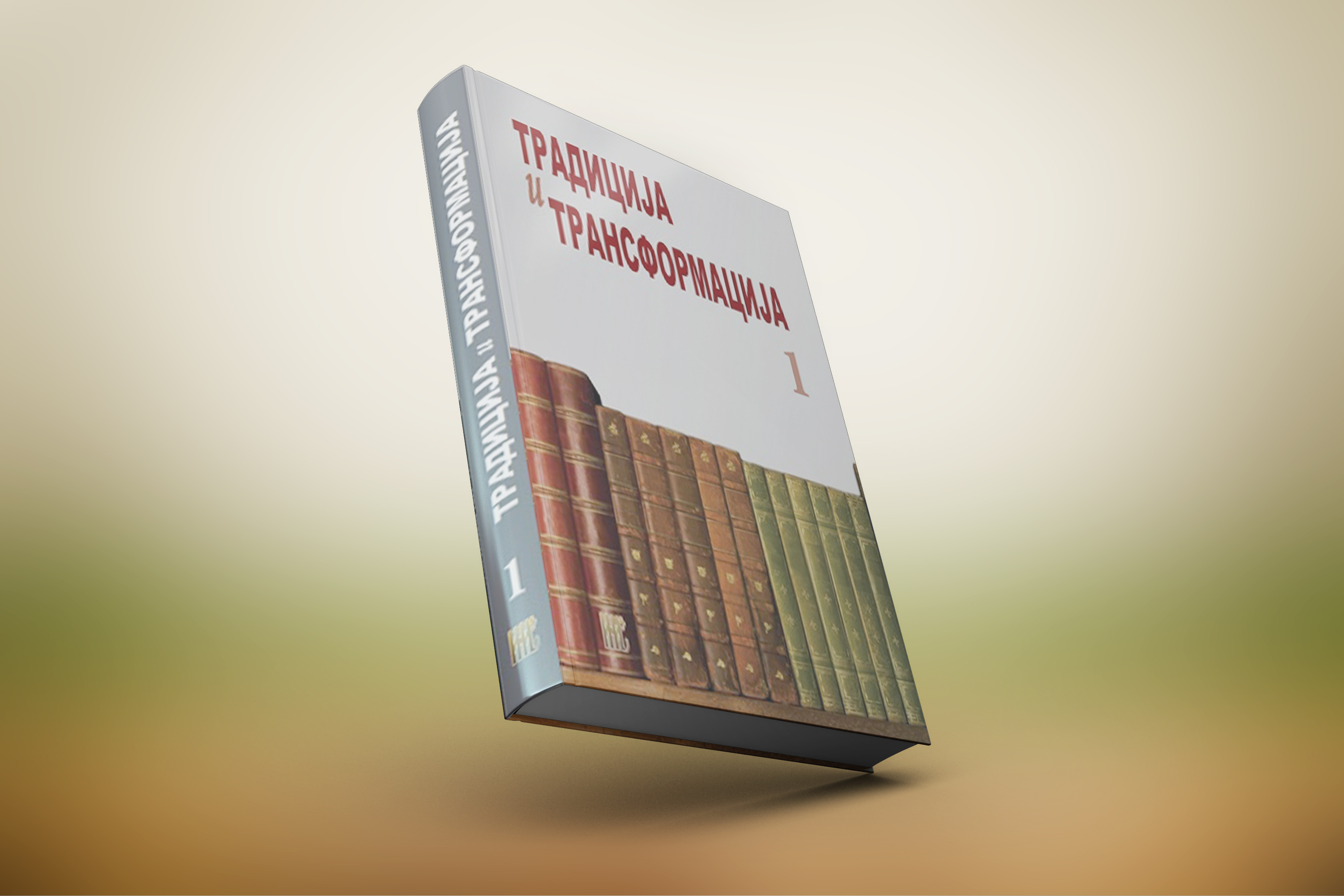Serbs and Serbia in Yugoslav and International Context: Internal Development and Place in European/Global Community (project leader dr Sofija Božić)
In the “short 20th century” or in the “time of extremes”, as the British historian Erick Hobsbaum rightly named the century that’s left behind us, many dramatic changes happened in all spheres of social and political life. Those changes, of planetary proportions, did not go around the Balkan region – flowing over the borders of the Yugoslav state – putting into question the up-to-then existing law and order, destroying habitual views, establishing new systems of values and new aesthetic criteria, introducing up-to-then unknown or insufficiently known ideas, ideologies, institutions and standards. With regard to that, there’s an undeniable need to formulate a scientific project on different interior and exterior occurrences and aspects in recent history of the largest national community in the region of Western Balkan – the Serbian entity, i.e. history of the largest state in South-Eastern Europe as a frame within which that community developed in the 20th century, together with other Yugoslavs and members of ethnic minorities.
In view of the complexity of the problems and the interdisciplinary approach, the subject of research is divided into three totalities (subprojects): 1. Serbian society – identities, specific features, transformations; 2. Internal politics: between democracy and totalitarianism; 3. Challenges in foreign politics: Yugoslavia between big powers and small states.
The project offers a dynamic picture of development and transformation of a space during more than seven decades of its existence as a specific political subject, of a state that came to life thanks to the will of the victorious powers in the I World War, at first, and later in the II World War, but also as the realization of the will of the Serbian factor (including the wish of other South Slavs) who saw Yugoslavia as a reasonable frame for the Serbian entity and likewise for the coexistence of all other entities. It is a word about a wide range of processes and events, from the issue of the identity of Serbian society and its specificities through the shaping and dissemination of national and political ideas, their realization through the activities of political parties and the warfare of the conflicting parties, to the reconstruction of the situation within the framework of the international community, between the great powers of the West and the East. In other words, the objectives of the research include the political, social and foreign policy component of Serbia and Yugoslavia.

